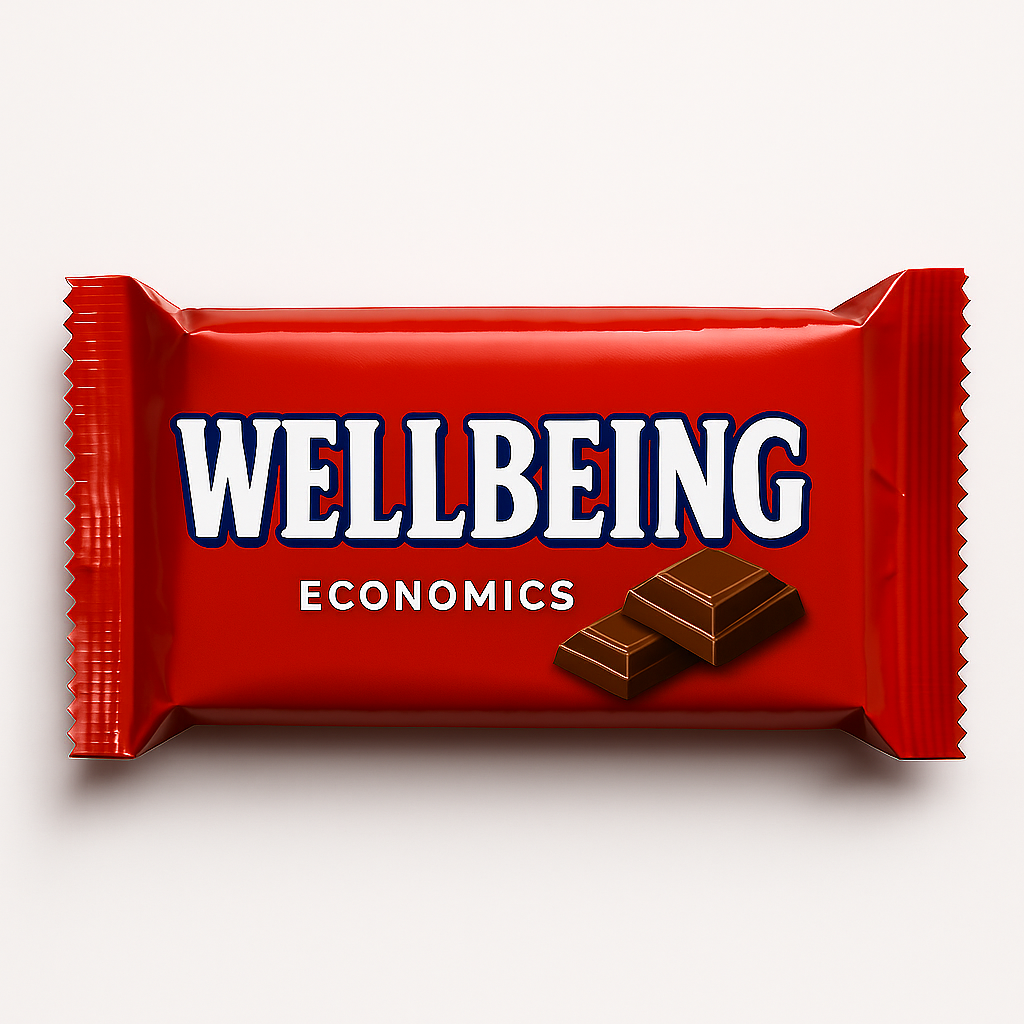What’s in a name? When it comes to wellbeing economics, quite a lot, it turns out.
At PBE’s recent Economics to improve lives event, one of the debates didn’t just centre on the data, but the very identity of the field itself. As leaders from economics, civil society, policy, and media gathered to discuss how we might move beyond GDP towards better measures of progress, a recurring question emerged: Does wellbeing economics have a branding problem?
It’s a fair challenge. As Jo Swinson, Director at Partners for a New Economy, pointed out during the event, ‘wellbeing’ can still conjure images of yoga mats and scented candles – positive, but not always seen as relevant to public policy. ‘Happiness’, on the other hand, is often referred to in the UK media, but can feel fluffy or unserious. Perhaps that’s why we’ve landed on terms like “wellbeing economics”. Other terms that focus on understanding the environmental, ecological and sustainability impacts of economic activity such as “donut economics”, or “regenerative economics” also orbit this space and have similar ideas: That progress should be judged not just by growth in GDP, but by how people and planet are doing.
And it matters. Right now, around three million people in the UK are living in what we at PBE call “wellbeing poverty”, caught in a trap of poor health, loneliness, and economic insecurity. As our ‘Low wellbeing in the UK 2025’ report shows, these challenges are projected to persist through to 2030 unless something changes. Wellbeing data gives us the power to diagnose the drivers of low quality of life, and to craft more responsive, effective policies.
But data alone doesn’t move people. For new ideas to take hold in government, in civil society, and in the public imagination, they need a name. A brand. Something to rally behind.
Of course, we don’t want to spend so long debating definitions and semantics that we lose momentum or miss opportunities. And let’s be honest: once a government adopts a concept, it’s likely to rebrand it anyway. But having a clear identity can help foster alignment, build advocacy, and create a sense of shared purpose.
As Professor Lord Richard Layard asked at our event, “How do we get wellbeing at the centre of debate on all public issues?” A unified, recognisable framing may be part of the answer.
Yet, we also need to guard against a slick brand without policy substance as it risks undermining the seriousness of what’s at stake. Beneath whatever label we use – wellbeing economics, inclusive growth, regenerative growth – the core principle must remain: we need a new model of progress. One that includes social equity, ecological health, and economic resilience.
So, does wellbeing economics have a branding issue? Possibly. But perhaps the bigger challenge is a clarity issue – a need to communicate, simply and powerfully, what this movement is about: Putting people’s lived experiences at the heart of economic and social policy decision-making.
That’s what PBE is here for. Through research, advocacy, and convening events like Economics to improve lives, we’re working alongside others, to ensure wellbeing is a well-known, data-informed policy driver. One that tackles the UK’s deep-rooted challenges, not just by measuring how the economy is doing, but how people are doing.

